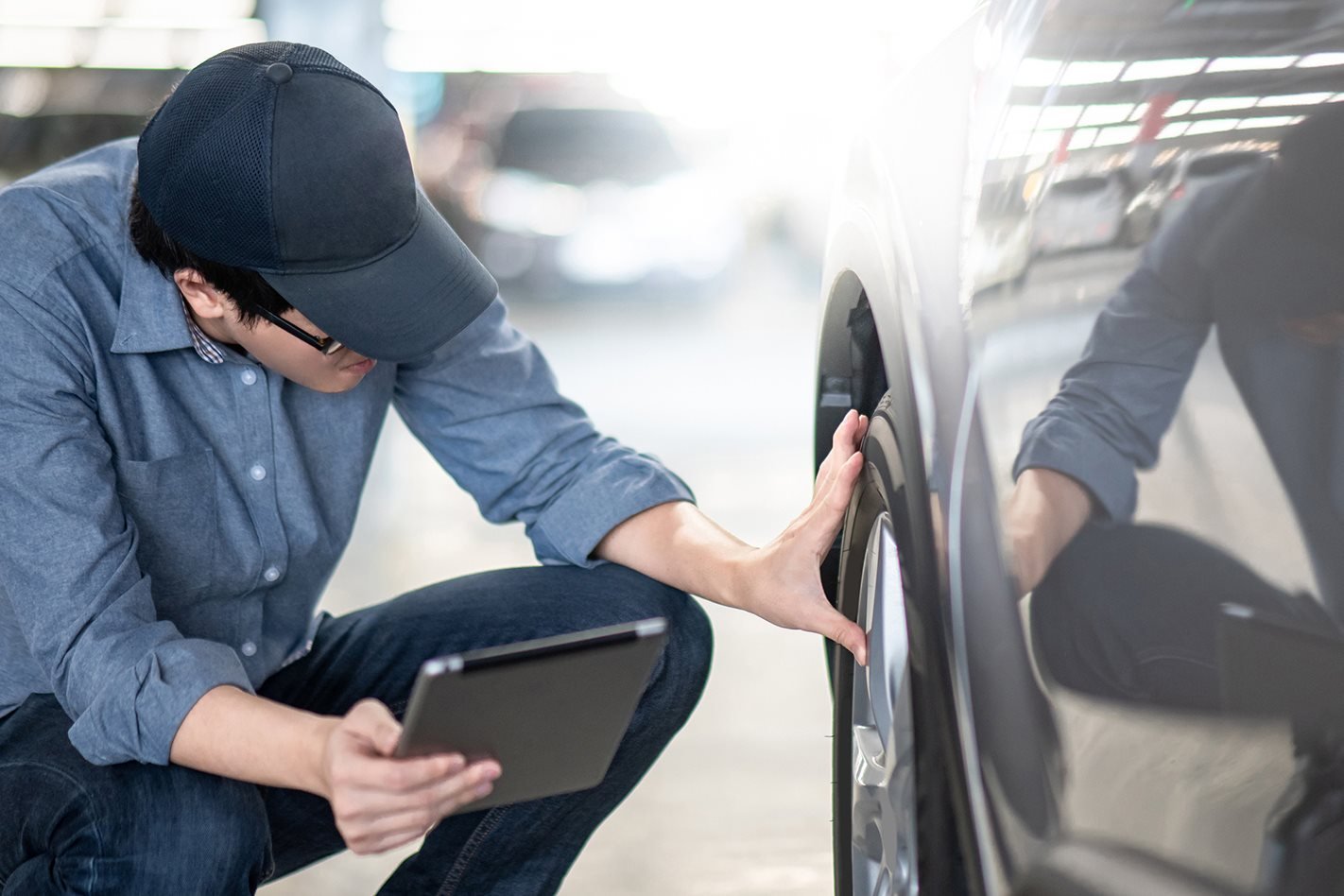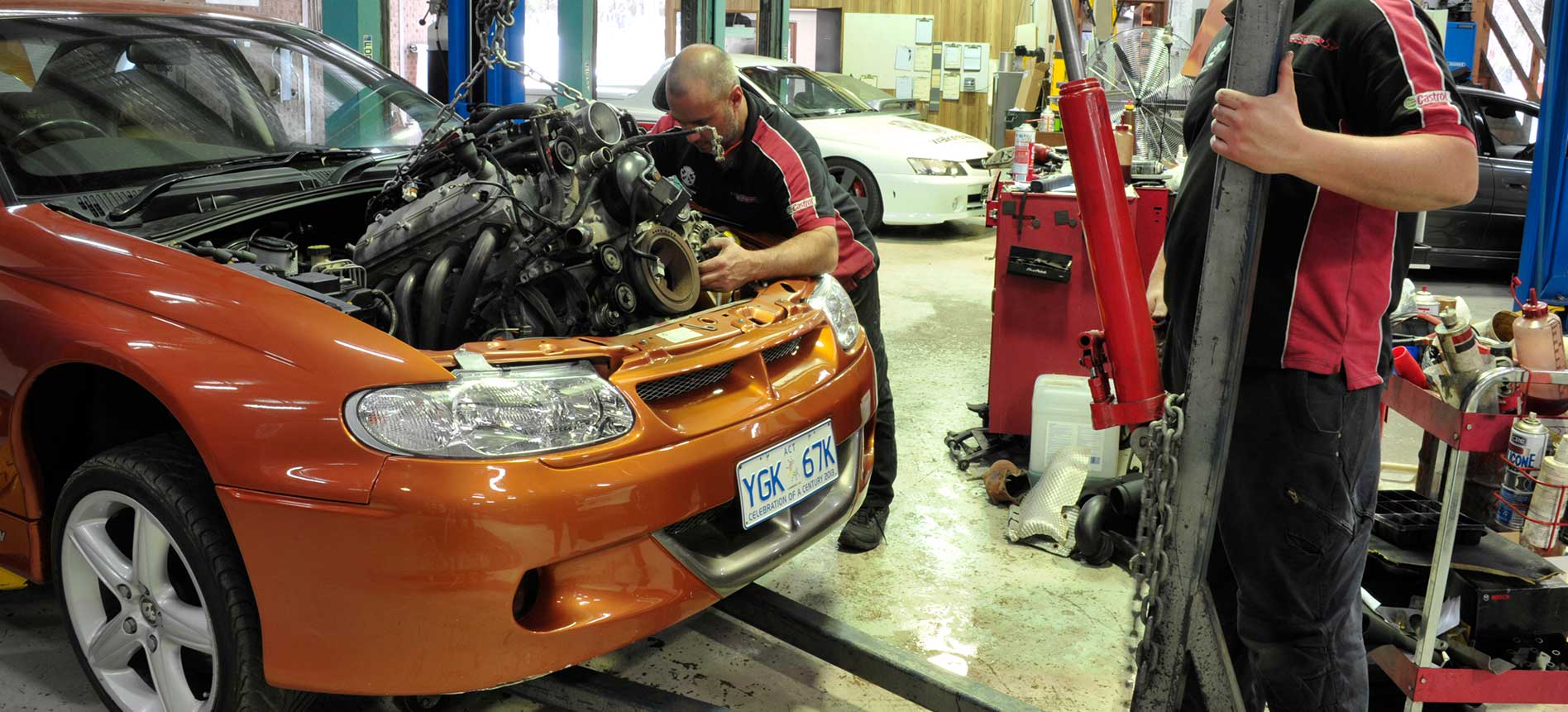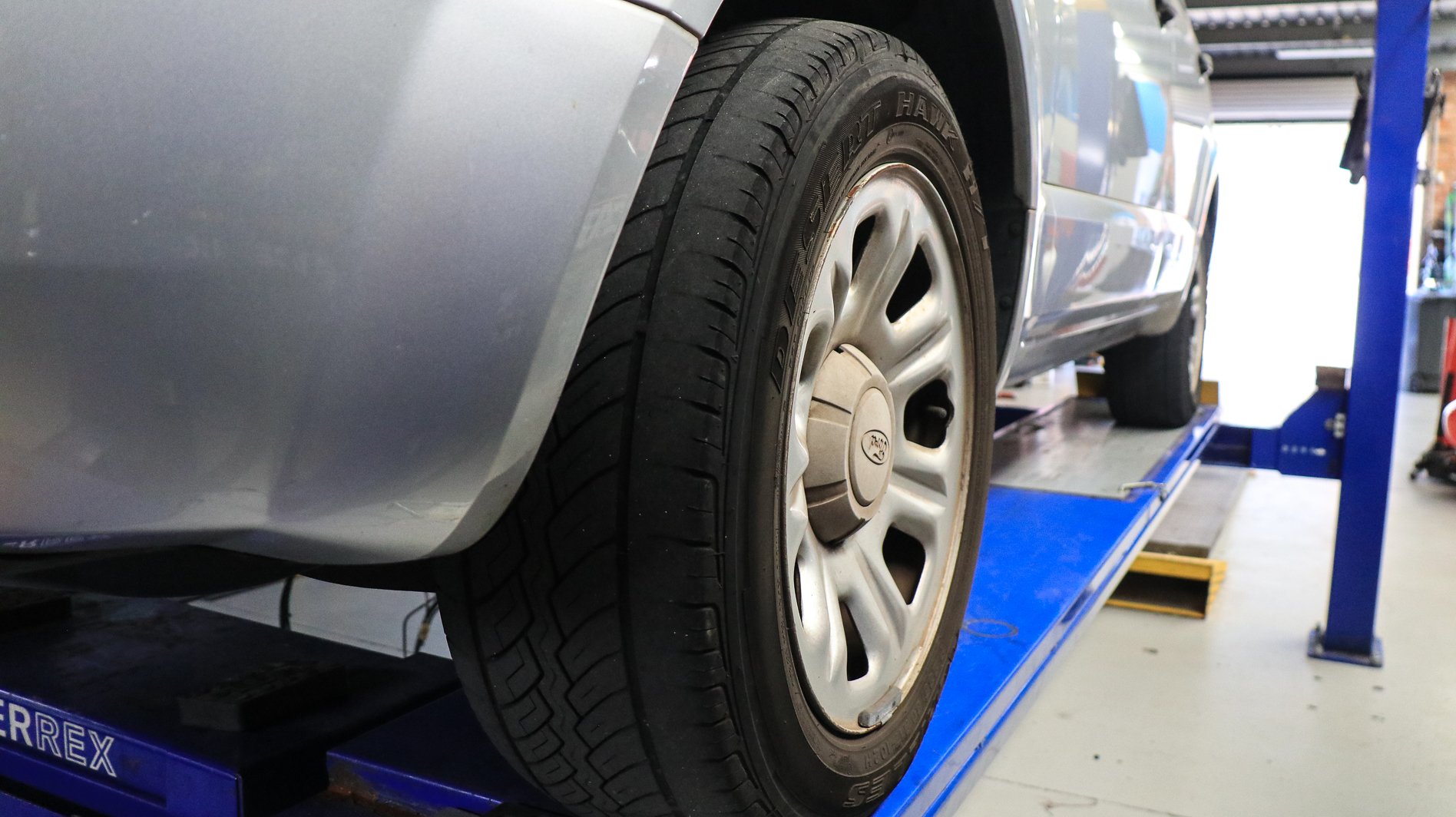
Car servicing could soon be easier and cheaper courtesy of an imminent new law that will force manufacturers to hand over servicing and repair software to independent mechanics at a reasonable cost.
Replacing the previously voluntary code that some in the industry were critical of, the “mandatory information-sharing scheme” means small workshops and repairers will be able to purchase software from manufacturers or data aggregators for a small fee.
“Our scheme will mandate that all service and repair information car manufacturers share with their dealership networks must be available for independent repairers to purchase,” said federal Assistant Treasurer Michael Sukkar in announcing the scheme.This will allow those independent repairers – seen a crucial cog in maintaining competitive service pricing – to perform updates and checks by plugging into the OBD (on-board diagnostics) outlet under the dashboard.

The Australian Automotive Aftermarket Association called the mandatory code an “important win for consumers” regarding an “important competition issue”.
The AAAA was critical of the voluntary code, with CEO Stuart Charity claiming that within 18 months of its implementation in late 2014 “it wasn’t working”.
“The only car manufacturer that complied with the provisions of the voluntary code was Holden,” said the AAAA’s Charity. “No other carmaker made data available on fair and reasonable terms.”
As the body that represents car importers in Australia, the Federal Chamber of Automotive Industries disputes those claims, arguing “nobody minds handing over the data” and “many manufacturers already provide that information”.
The AAAA also said there was “no official monitoring, no enforcement and no reporting” of issues with the voluntary code, prompting lobbying for new legislation modelled off that already in place in other parts of the world, such as Europe and America.
In an automotive world increasingly reliant on software, many car makers resisted attempts to hand over the software code that they spent big bucks engineering into a car.
For some issues, that meant owners were effectively forced back to a dealer for a solution.

In recent years some manufacturers have onsold data or made it available overseas, but the AAAA maintains the voluntary code was ineffective.
“What our repairers were finding was that over the period of the voluntary agreement things were getting progressively worse,” said Charity.
In a 2017 report, the ACCC was critical of adherence to the voluntary code, saying there were “problems with the breadth, depth and timeliness of the technical information offered”.
Simple car maintenance you can do yourself
Minister Sukkar said the new scheme would clarify expectations.
“It will also remove grey areas in the current voluntary arrangements by explicitly setting out a list of safety, security and environmental information that must only be released to appropriate businesses as well as clear criteria for access.”
However, the FCAI points to concerns about cars increasingly reliant on electronics, sensors and software.
“We’re talking about very sophisticated vehicles here; you need very sophisticated tools,” said FCAI director of public affairs Lenore Fletcher, highlighting autonomous vehicles and hybrid and electric vehicles as creating additional potential dangers for technicians that may not have gone through the extensive training provided by manufacturers.
“We really need to ensure that everybody is protected in this situation,” she said.
Carmakers have long been trying to protect their patch on the servicing front, most introducing capped price servicing schemes that in some instances are subsidised by head office to tempt owners back to the dealership.
As well as an important revenue stream for dealers, servicing is a crucial touchpoint that allows dealers to give consumers access to the latest models through the use of loan cars.



